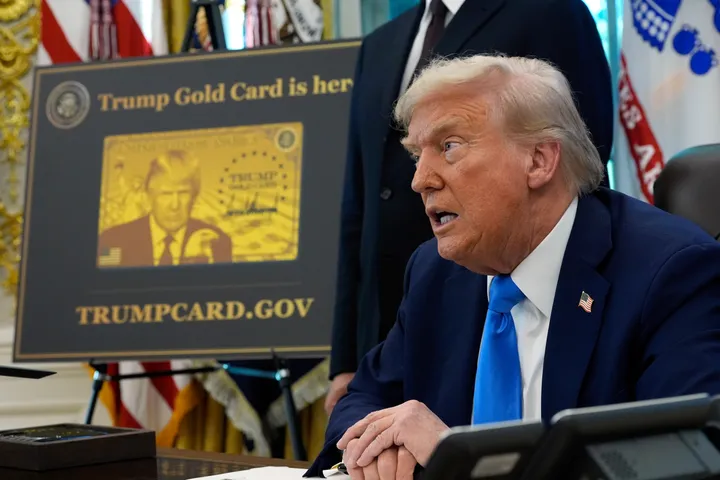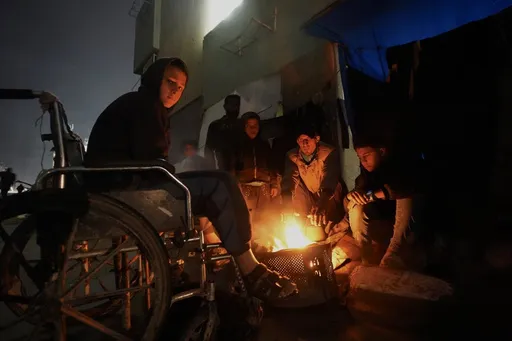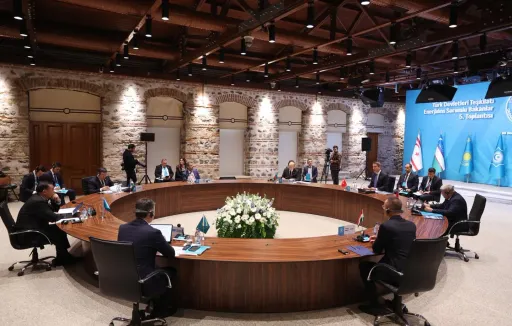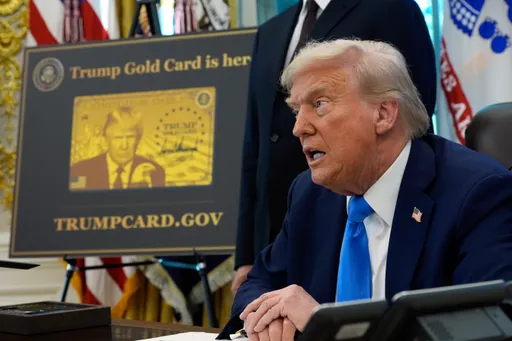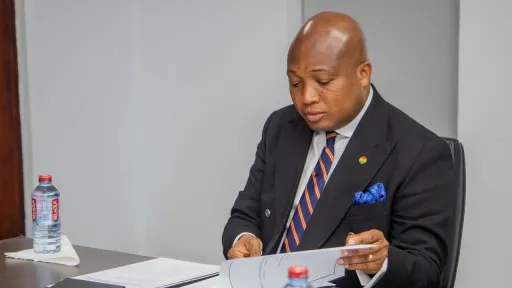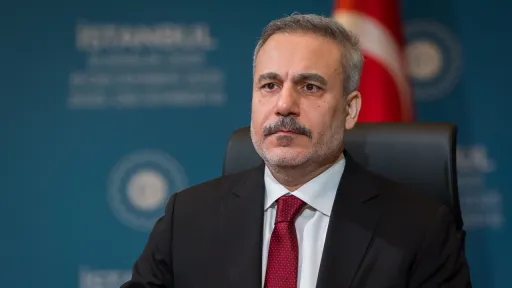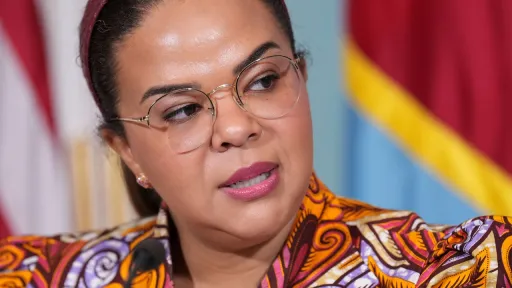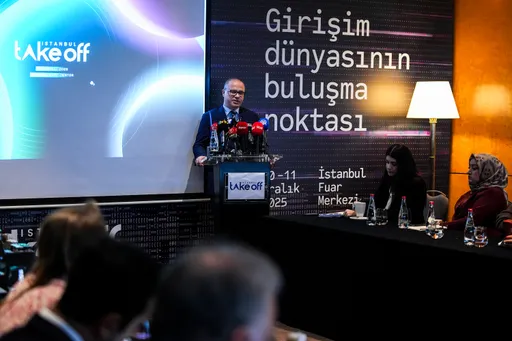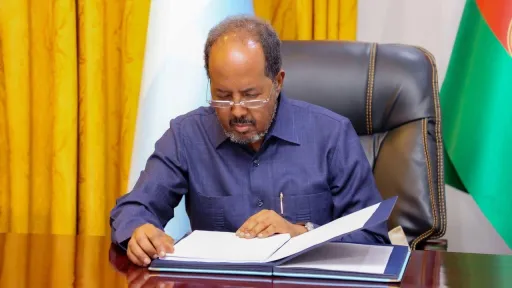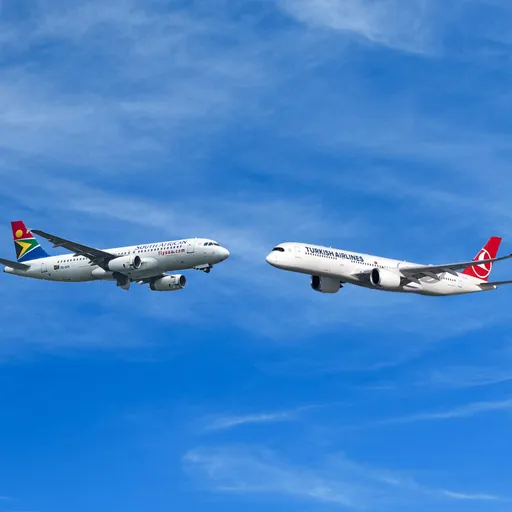By Toby Green
Almost unreported by the world’s media, the West African country of Guinea-Bissau has been suffering from a major food crisis over the past few months.
While media attention was on the outcome of the country’s parliamentary elections in June – won by the opposition to the sitting President Umaro Sissoco Embalo – the price paid to producers of the country’s sole cash crop has halved compared to 2022.
Cashew exports make up 95% of the country’s exports, and many rural farmers are facing a crisis.
In 2022, the Bissau-Guinean government fixed the commercial price of cashew nuts at 375 CFA per kilo (approximately US$0.70).
At the time Jaime Boles, the president of the country’s National Federation of Cashew Growers and of the Association of Farmers, said that this was a fair price in a country where according to the UN 1 in 5 people do not get enough to eat.
However, in April this year news began to circulate that the price the major commercial purchasers offered was falling dramatically.
Boles raised the alarm, noting that the price paid on the ground was already way below the 375 CFA stipulated by the government – and was in practice between 200 and 250 CFA. Boles suggested that the government should halve the taxes charged to commercial purchasers, enabling them to offer the full price.
As the government hugely depended on taxes from the cashew sector to meet international debt repayments, it persisted with its demand for higher payment.
Trade by barter
The cashew buyers refused to budge. Some reports claimed that they formed a cartel, using a WhatsApp group linking rural areas to the capital Bissau to maintain a uniform price offered per kilo – well below the government’s set price.
By the end of April, many areas of the country were in despair: they had cashew nuts waiting in their homes, but no purchasers on the ground willing to pay the set price.
Rural farmers in the Tombalí area – not far from the capital, Bissau – had to barter locally-produced rice for food and even medicines. In other areas, farmers turned to an under-the-counter trade, receiving less than the allotted government price because they desperately needed hard cash.
Meanwhile, some traders profited from the prices of necessities such as cooking oil and rice.
The cashew harvest rapidly became a factor in the country’s elections. With 80% of Bissau-Guineans dependent on cashews as a source of income, the collapse in the price paid for the crop was devastating to food security.
Colonial legacy
Two weeks ahead of the parliamentary elections, the leader of the African National Congress Party, Ibrahim Dialló, claimed that the government had done nothing to save the harvest, condemning the population to “hunger, extreme poverty, and a slow death”.
After the elections, the opposition took control of Guinea-Bissau’s parliament. Meanwhile, according to one report, the catastrophic cashew harvest had led to serious hunger in many areas.
Jaime Boles said: “Small producers have sold all of their nuts [well below the fixed price] because they didn’t have anything to eat; they didn’t have any food”. He called this a situation of real exploitation.
So, what has been the cause of this almost unspoken catastrophe in one of the world’s poorest countries? When Guinea-Bissau won its independence from Portugal in 1974, the Portuguese left just one factory in the country (a brewery) after 80 years of formal colonial rule.
Thus, the newly independent country had little option but to follow the cash-crop model of economic development initiated under Portuguese colonialism. This remains a key concern: with 90% of the country’s exports dependent on just one crop, there is a strong susceptibility to this kind of economic shock.
Picking pieces
Beyond these structural factors, the immediate trigger was buyers – who mainly supply markets in Brazil, China and India – formed a cartel to reduce the price they paid for the cashews.
But this was in response to changing global economic conditions: buyers have faced increased costs because of global inflation following the COVID-19 pandemic policy response and the war in Ukraine.
Moreover, the economist Santos Fernandes cited the declining value of the CFA against the dollar– as a factor.
In the meantime, Bissau-Guineans must pick up the pieces. This is not easy in a country where the cashew harvest is vital for paying structural debts and providing the population with enough money to feed themselves.
Fernandes highlighted the impact of this catastrophe on government finances, although last month, the IMF approved a further tranche of loans to the country.
A long, hard, dry season lies ahead for a nation that now must pick over the pieces of these global policy fiascos not of its choosing.
Toby Green is a professor of African history at King’s College London.
Disclaimer: The viewpoints expressed by the author do not necessarily reflect the opinions, viewpoints and editorial policies of TRT Afrika.



